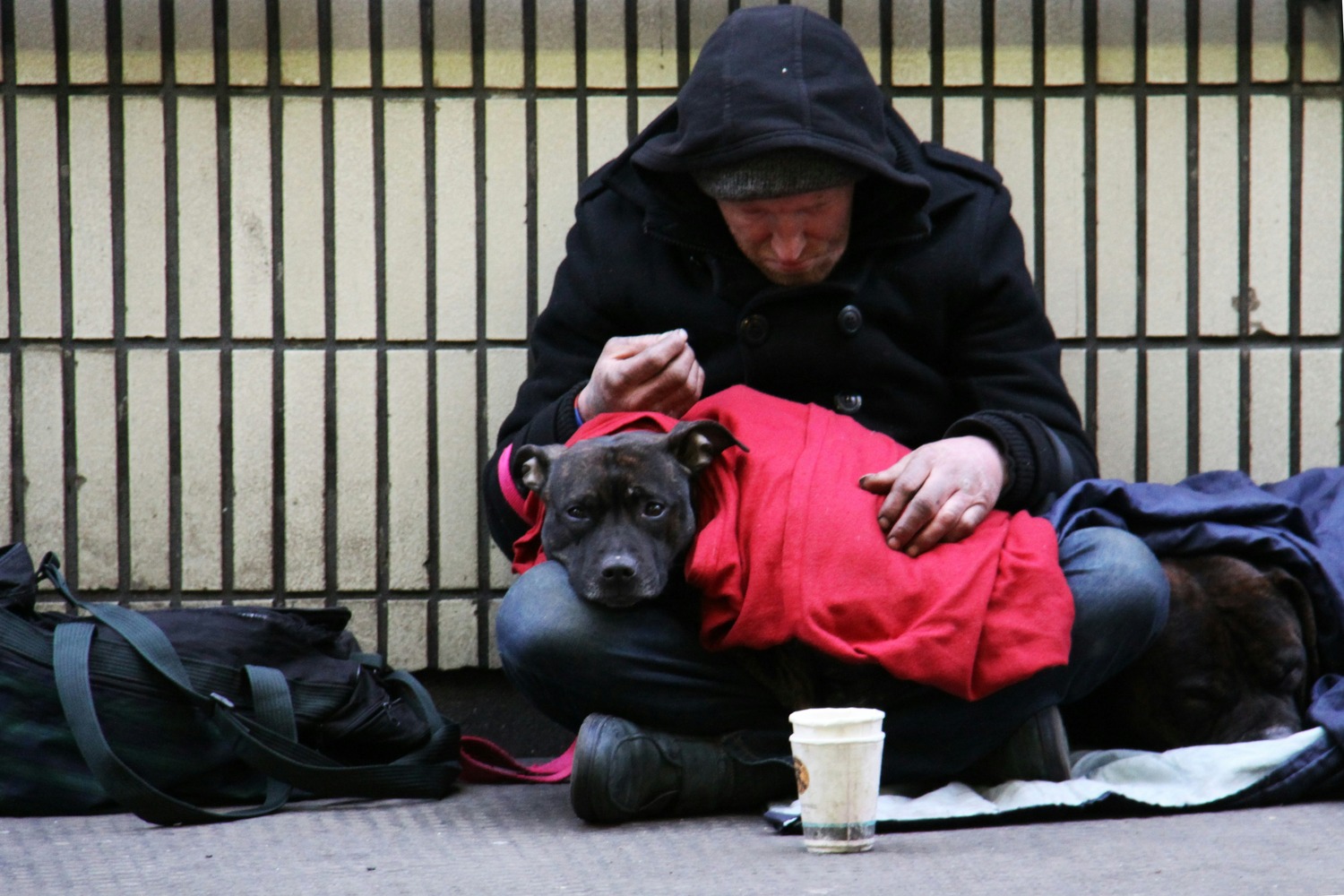We live in a world where most of us hustle past a homeless person without a second glance. We’re often in a hurry—late to work, juggling errands, or simply trying to tune out the noise of city life. But whether you drop a few dollars into a cup, offer eye contact and a smile, or cross the street to avoid interaction altogether, you’re revealing something about your beliefs, your values, and your place in the larger social fabric.
It may not feel like a big moment in your day. But it is. When you pass someone experiencing homelessness, you confront an uncomfortable question: Am I saving money, or am I saving humanity?
Here are seven hard truths about what our reactions to homelessness say, not just about us as individuals but about a society that’s getting more comfortable looking away.
1. Your Reaction Reflects Your Comfort With Discomfort
Many people feel a wave of discomfort when they see someone sleeping on the sidewalk or holding a cardboard sign. That reaction is not random. It’s a mirror. Whether you look away, offer help, or rationalize your inaction, you’re responding to your own internal narrative about suffering and whether it belongs in public. Some choose compassion. Others choose avoidance. However, discomfort is often the first step toward either change or denial.
2. You Reveal Your Beliefs About Deservingness
We don’t always admit it out loud, but many people size up a homeless individual in seconds, subconsciously deciding if they’re “worthy” of help. Are they clean? Are they sober? Do they look like they’re trying?
These snap judgments often reveal deep biases about poverty, addiction, mental health, and even morality. The truth is, help shouldn’t be contingent on meeting your personal standard of what struggle should look like.
3. You Confront the Myth of “I Could Never Be Them”
One of the most persistent lies we tell ourselves is that homelessness happens to “other people.” But for millions of Americans, one lost job, one hospital stay, or one abusive relationship away could put them on the streets.
Every time we walk by someone living that reality, we are forced to reckon with the illusion of security. If the distance between us and them is thinner than we’d like to admit, what does that say about the system we’re all relying on?

4. You Showcase Your Priorities, Even When You Don’t Mean To
When people say they can’t afford to give a dollar to someone in need, it’s often less about resources and more about priorities. That daily coffee, that Amazon package, that rideshare—these add up. Yet when someone asks for a few coins, we act like our financial survival hangs in the balance. Where we spend (or withhold) our money reveals what we value. Helping others might not give you a tangible return, but it says something powerful about your character.
5. You’re Participating in a Bigger Narrative
Every time a person in need is ignored, society quietly reinforces the message that their suffering is normal, expected, and even deserved. It’s easy to forget that systems fail people long before they ever end up on a street corner. By engaging, through advocacy, donations, or even respectful conversation, you disrupt that narrative. You remind people that someone sees them. That their existence still matters.
6. You May Be Acting Out of Guilt Instead of Solidarity
Some people give to the homeless because they feel bad. And while guilt can be a starting point, it’s rarely a sustainable motivator for real change. Guilt often centers on the giver, not the person in need. Solidarity, on the other hand, means acknowledging shared humanity and working toward justice, not just throwing change into a cup but also voting, volunteering, and challenging systems that perpetuate inequality.
7. You Reveal What You Think “Saving” Looks Like
For some, saving money is paramount, especially in today’s economy. But there’s a deeper question beneath that instinct: What does saving really mean? Is it hoarding for your future or helping someone survive their present? Is it protecting your lifestyle or contributing to someone else’s shot at stability? You don’t need to bankrupt yourself to make a difference, but the small choices matter more than we often give them credit for.
This Isn’t About Guilt. It’s About Growth.
This post isn’t about shaming anyone. We all move through life doing our best with what we’ve got. But the next time you pass someone who’s clearly struggling, pause before you default to looking away. You don’t have to have the perfect answer. You don’t have to solve homelessness by yourself. But you do have power in that moment—to acknowledge, to connect, to care.
You don’t have to give cash. Sometimes, a nod, a smile, or even eye contact can be more powerful than you realize. And if you’re in a position to give more, whether it’s time, advocacy, or resources, consider that too. Because this isn’t just about one person asking for help. It’s about all of us deciding what kind of society we want to live in.
What goes through your mind when you pass someone who’s homeless? Have you ever stopped to help or been helped yourself?
Read More:
Got an Eviction Notice? Take These 5 Steps So You Don’t End Up Homeless
5 Reasons Senior Homelessness Is on the Rise—and How to Address It
Read the full article here
















